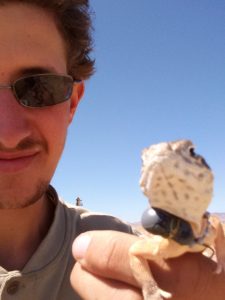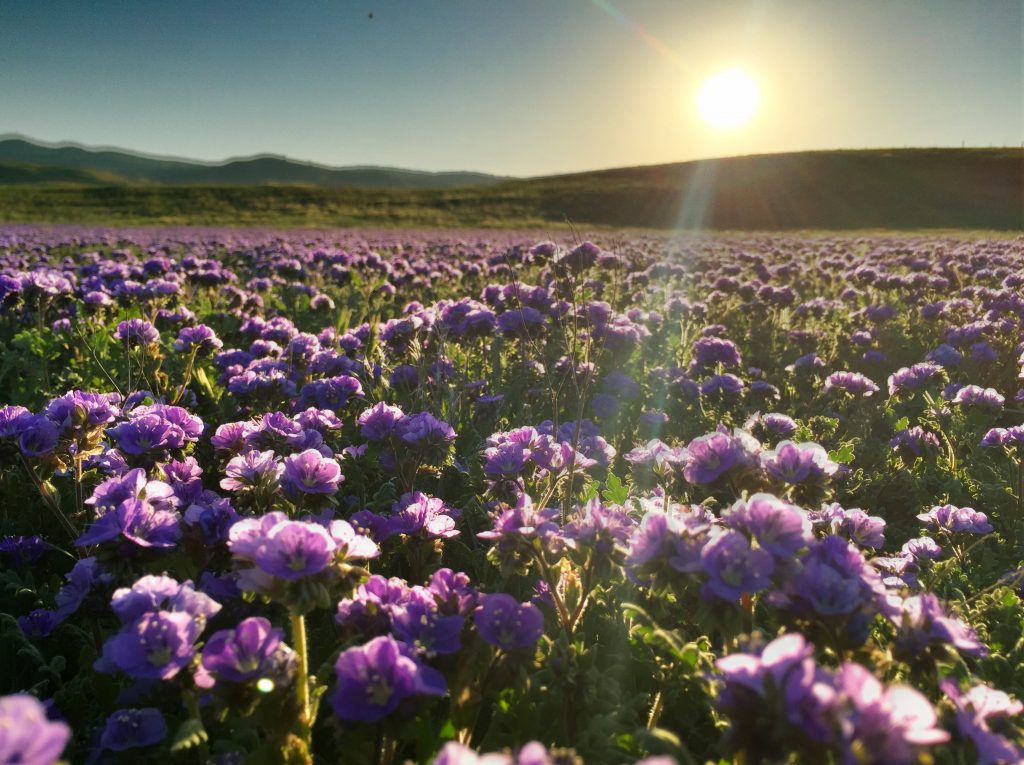The Weecology lab group run by Morgan Ernest and Ethan White at the University of Florida is seeking a post-doctoral researcher to study changes in ecological communities through time.
Messaggi di Rogue Scholar
This is post is co-authored by Zack Brym and Ethan White Over the last year and a half we have been actively developing a semester-long Data Carpentry course designed to be easily customized and integrated into existing graduate and undergraduate curricula. Data Carpentry for Biologists contains course materials for teaching scientists how to work more effectively with data.

Taylor Noble As the ecology community expands, it is now adopting new ways of making sense of the plethora of data produced from diverse approaches, including ocean research, eco-genomics, limnology, and macrosystems ecology, through more integrative means – improving our understanding of biology in a broader sense.

The great responsibility Every discipline of science is unique. Ecology is no exception. We work in diverse, complex, context-dependent systems. Global change and anthropogenic influences are very real issues for the health of the planet that ecologists often examine. As a discipline, we have moved from context-dependent, local studies to much larger, integrated studies.

TL;DR summary: ESA data papers should be free to read but Wiley (ESA’s new publishing ‘partner’) just charged me $45.60 yesterday to access one of them. They have done this kind of ‘accidental’ profit-generation before, as have other big publishers. John Wiley &

{.wp-image-1390 .size-thumbnail .alignleft loading=“lazy” decoding=“async” attachment-id=“1390” permalink=“https://jabberwocky.weecology.org/2014/02/13/ecodata-retriever-quickly-download-and-cleanup-ecological-data-so-you-can-get-back-to-doing-science/data_retriever_logo_image_only/” orig-file=“https://i0.wp.com/jabberwocky.weecology.org/wp-content/uploads/2014/02/data_retriever_logo_image_only.png?fit=250%2C250&ssl=1” orig-size=“250,250”

I’ve written 29 blog posts this year! Still time for one more… This work relates to my new postdoc at the University of Cambridge in Sam Brockington’s group. I’ve been closely examining IUCN RedList data for plant taxa and found some rather odd things.
In a big step forward for allowing proper credit to be provided to all of the awesome folks collecting and publishing data, the journal Global Ecology & Biogeography has just announced that they will start supporting an unlimited set of references to datasets used in a paper. These references will be included immediately following the traditional references section in both the html and pdf versions of the paper.
[Update 2015-09-19: since writing this, I notice my open access article has now been unpaywalled at Wiley’s site. No-one from Wiley has reached out to me to explain how, why, or when this happened. No compensation has been offered, nor any apology. I note that all the other articles in the special section, which should also be open access (CC BY) are still on sale, behind a paywall.

I read some sad news on Twitter recently. The Ecological Society of America has decided to publish its journals with Wiley: Whilst I think the decision to move away from their old, unloved publishing platform is a good one. The move to publish their journals with Wiley is a strategically poor one. In this post I shall explain my reasoning and some of the widespread dissatisfaction with the direction of this change.